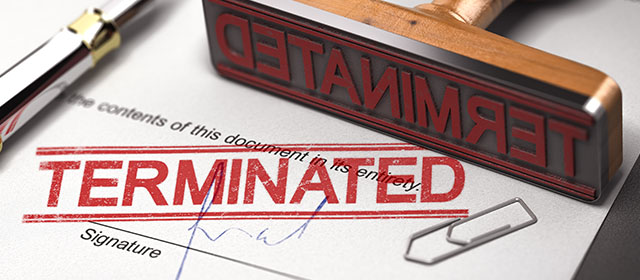Franchise 101: Is Matco the Next Jan-Pro? and No Legal Cure for Serial Defaults

Franchisor 101: Is Matco the Next Jan-Pro?
A federal court in California certified a class of Matco Tools franchisees who claimed to be misclassified by Matco as independent contractors rather than employees. They claimed Matco did this to avoid obligations owed to employees under California labor laws. The court held California’s Dynamex’s “ABC” Test can apply to franchise relationships and applied to Matco.
Matco franchisees enter into a Distributorship Agreement, pay an initial fee, and must attend Matco’s training program. Franchisees receive a list of calls and potential leads, and must operate their mobile stores at locations identified on routes Matco designates. New franchisees must buy a “new distributor starter inventory.” Franchisees agree to only sell products and other merchandise approved by Matco and agree not to sell any products that compete with Matco.
Plaintiffs argued the ABC Test applied to determine if Matco’s franchisees were employees. Under this test, a worker is an employee, unless the “hiring entity” can establish that: (a) the worker is free from control and direction of the hirer in performance of the work; (b) the work is outside the usual course of the hiring entity’s business; and (c) the type of work is customarily an independent occupation or business.
Matco argued against the ABC Test, claiming: (1) it is not a “hiring entity,” franchisees are in a commercial relationship with Matco, and are not hired; (2) Matco franchisees do not provide labor or services to Matco, but make sales and provide services to their own customers, who buy Matco products from the franchisee; and (3) Matco does not pay franchisees; instead franchisees profit from selling Matco products. But the court rejected each argument.
Matco was found to be a “hiring entity” based on recent cases ruling that “hiring entity” is meant to be expansive. For example, the Ninth Circuit recently held in Vazquez v. Jan-Pro Franchising that the ABC Test can apply to franchises. The Vazquez court did not suggest that the type of franchised business matters when applying the ABC Test. So, the ABC Test could apply to Matco, because Matco’s franchise structure mirrors an employee-employer relationship and if the ABC Test could apply in Vazquez, it could similarly apply in this case.
Recent court decisions expand coverage of the ABC Test to franchises. Franchisors should work with franchise counsel to understand effects these decisions may have on their franchise system and risks of the ABC Test if similar claims are brought against them.

Franchisee 101: No Legal Cure for Serial Defaults
A federal court in Michigan granted 7-Eleven’s motion for summary judgment, enforcing the franchisor’s right to terminate a franchisee with repeated defaults, even though each default had been cured.
7-Eleven’s franchise agreements allow the franchisor to immediately terminate a franchisee after issuance of four notices of default in a two-year period, regardless of whether default(s) were cured. The franchisee had ten defaults in two years. All of them were cured. The defaults included failure to submit timely cash reports and the store’s video recording system being offline for several months, which denied 7-Eleven reasonable access to observe the premises during business hours.
The franchisee argued that 7-Eleven lacked good cause to terminate under Michigan’s Franchise Law (the “MFIL”) because the franchisee cured its defaults. The MFIL prohibits a franchisor from terminating a franchise agreement, prior to expiration, except for “good cause,” which includes a franchisee’s failure to comply with any lawful provision of the franchise agreement and to cure such a breach after being given a reasonable opportunity to do so.
The franchisee argued that since it cured the defaults, the agreement could not be terminated. The court disagreed, holding that 7-Eleven’s provision allowing termination after four defaults met the MFIL’s good-cause requirement because the termination provision is intended to address the problem of serial breaches.
Franchise counsel can advise franchisors and franchisees on the interplay of the franchise agreement with state laws that may support or override contractual grounds to terminate. State laws vary regarding defaults and terminations. Relationship laws, enacted largely to protect franchisees, may still allow termination despite curing defaults, as happened in this 7-Eleven case. Knowledge of these laws, and advice from franchise counsel, is valuable for franchisors, and for franchisees, to understand terms of their franchise agreements and consequences and remedies if violated.